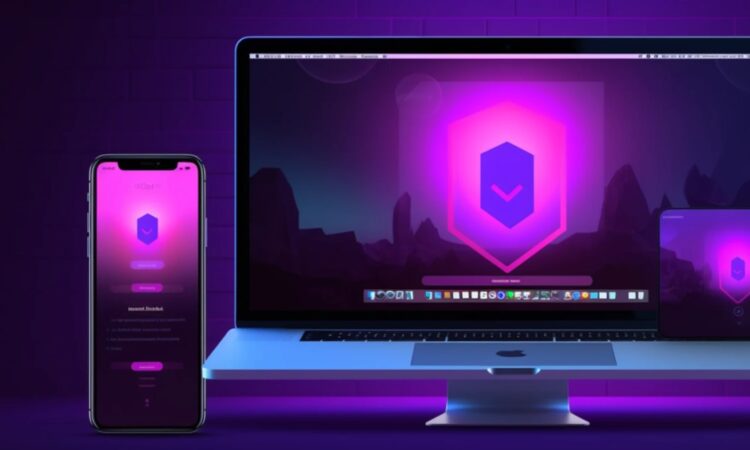
With data breaches and hacking scandals regularly making headlines, more and more individuals are looking for ways to keep their information safe and private. This growing demand for enhanced privacy protections has led to the rise of encrypted messaging and note-taking apps that allow users to communicate and store information securely.
Sharing personal information online has become a regular part of life for most people. We send private messages, store sensitive documents, and record intimate thoughts on our devices every day. While this connectivity provides convenience, it also poses risks to our privacy. Surveillance, data collection by tech companies, and hackers are continual threats in the digital landscape. Concerns about privacy violations have led many individuals to seek tools that protect their personal information. This is where encrypted messaging and note apps come in.
How do encrypted apps enhance privacy?
Encrypted apps use end-to-end encryption to scramble data so that only the sender and recipient can access it. Even the app developers cannot decrypt the contents. This prevents third parties, including governments and hackers, from being able to intercept and read private communications and information stored in the apps. Some key privacy benefits provided by encrypted messaging and note apps:
- Secure private messaging – Apps provide encrypted chat features that keep conversations confidential.
- Anonymous notes – Note apps allow you to store text, photos, and documents privately using encryption. You can securely record private diaries, memos, and information.
- Disappearing messages – Apps enable self-destructing messages and images that delete automatically after being read, leaving no trace.
- Password protection – Most encrypted apps require authentication via passwords or pin codes to access the content.
- Backed-up encryption keys – Apps generally store encryption keys only on your devices, not their servers. So, your data remains inaccessible to others even if the company’s servers are compromised.
- Open-source software – Many encrypted apps are open-source, allowing transparency and scrutiny of their privacy safeguards.
Growth of encrypted note apps
What is a private note? While early encrypted apps focused mainly on messaging, recent years have seen a spike in encrypted note apps that allow private journaling, memos, task lists, and cloud storage. According to a 2020 survey by Panda Security, over 65% of respondents reported using note apps to store personal data and thoughts securely. This trend has been driven by the advantages of encrypted notes over traditional paper diaries and digital note apps lacking encryption. Core features like password protection, confidential cloud syncing across devices, and deletion options provide an easy way to record sensitive information while retaining complete control over privacy.
Future of privacy technologies
As data security concerns continue to plague the digital sphere, we expect encrypted apps to gain more traction across all domains involving sensitive user information. Messaging apps will likely adopt disappearing messages as a default, and more services will integrate end-to-end encryption. Advancements like homomorphic encryption and zero-knowledge proofs promise to enhance privacy even further. Homomorphic encryption allows computing on encrypted data without decrypting it. Zero-knowledge proofs validate information without requiring users to reveal the actual data. Such technologies could enable truly private online transactions and interactions in the future.




